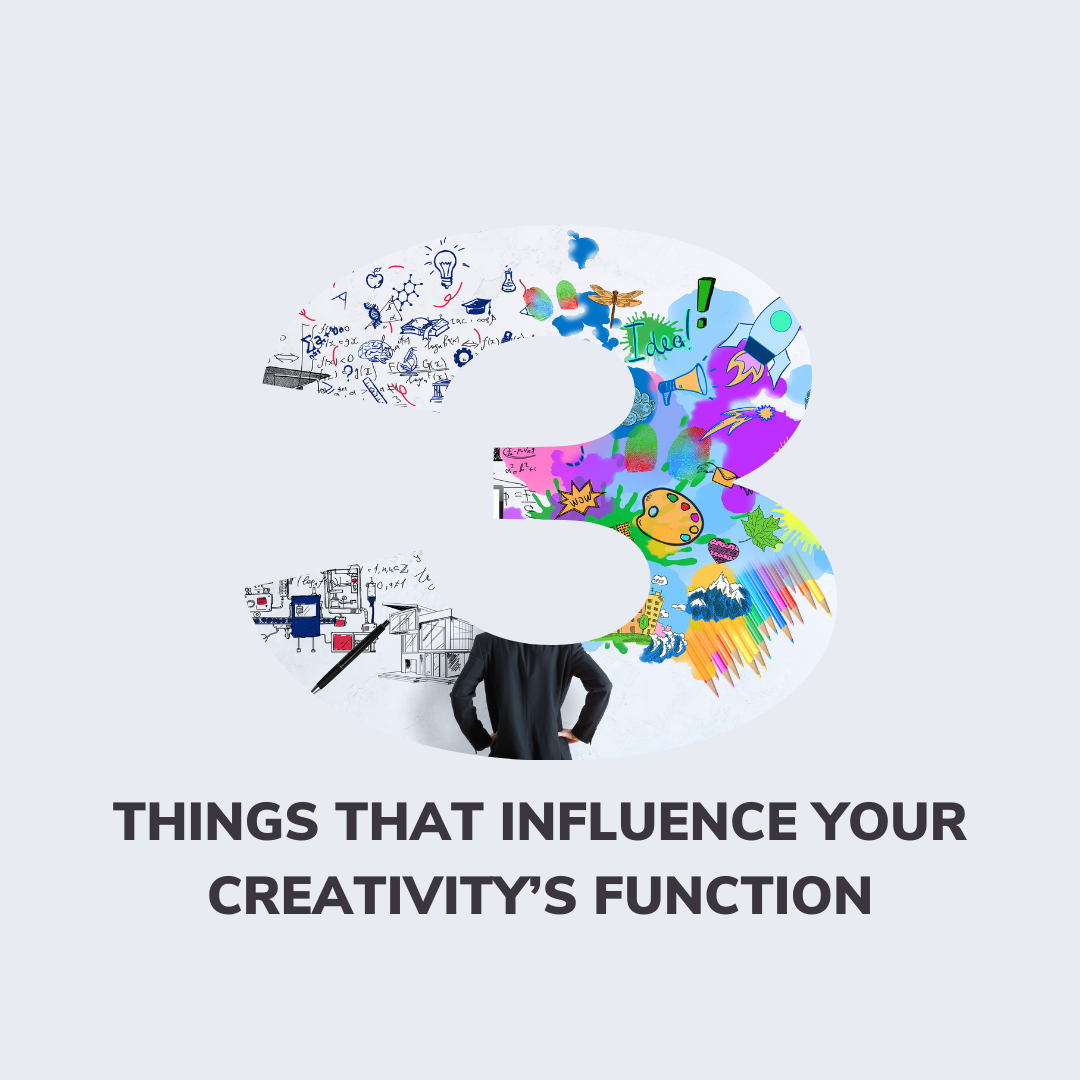The Three Things That Influence Your Creativity’s Function
I've been obsessed with three things lately. Not in the way where I read about them and move on, but in the way where I can't stop noticing how they show up in every conversation I have with creative professionals.
Your setup. Your tools. Your rituals.
Here's the thing: most creatives think their problems are about talent, clients, or market conditions. But after working with dozens of creative teams, I've realized that 90% of the chaos comes down to these three operational foundations.
SETUP: The Foundation You Can't Ignore
I was speaking last week with a creative who was drowning. Great work, solid clients, but she was working 70-hour weeks and still missing deadlines.
Twenty minutes into our conversation, I realized the issue: she was trying to run a growing business from a corner of her dining room table with a laptop that took five minutes to open software.
Your physical and digital setup isn't just about comfort—it's about cognitive load. When your workspace fights against your workflow, you're spending mental energy on logistics that should go to creativity.
I've seen teams transform their output simply by rethinking where and how they work. The photographer who built a dedicated client review space and cut revision cycles in half. The agency that redesigned their office layout and suddenly had better internal communication.
Setup isn't sexy, but it's foundational.
TOOLS: Beyond the Productivity Hype
Every week, someone asks me about the "best" project management tool or time tracking app. Wrong question.
The right question: "What tool actually supports the way my brain and my team work?"
I've watched creative teams torture themselves trying to force their processes into tools that were built for software companies. I've also seen teams achieve incredible efficiency with surprisingly simple tool stacks.
The magic isn't in finding the perfect tool—it's in finding tools that disappear into your workflow instead of disrupting it.
My favorite recent example: a creative director who abandoned the expensive project management platform everyone recommended and built his entire operation around a combination of Asana and voice memos. His team went from constant deadline panic to consistent delivery.
Tools should serve your process, not dictate it.
RITUAL: The Rhythm That Saves Everything
This is the one that gets overlooked most, and it's probably the most important.
Ritual isn't about morning meditation or journaling (though those might work for you). It's about the repeatable patterns that create consistency in an inherently chaotic creative process.
I know a creative team that has a 15-minute "Friday closure" ritual where they review the week and set up the following Monday. Sounds simple, but it eliminated their "Monday morning scramble" and gave them actual weekends back.
Ritual is what turns good days into consistent performance.
Why These Three Matter Together
Here's what I've noticed: when creatives are struggling, it's usually because one of these three is broken, and it's creating a cascade of problems everywhere else.
Bad setup leads to tool-hopping (trying to solve physical problems with software). Bad tools lead to ritual breakdown (you can't maintain good habits with systems that fight you). Bad rituals lead to setup neglect (you stop maintaining the foundation because you're always in crisis mode).
But when all three are working together? That's when I see creative professionals go from surviving their business to actually enjoying it again.
What I'm Planning
I'm starting to document the setups, tools, and ritual combinations that actually work for creative professionals. Not the theoretical stuff, but the real combinations that real people are using to create better work with less stress.
If you're interested in seeing what I find, stay tuned. And if you have a setup, tool, or ritual that's genuinely working for you, I'd love to hear about it.
Because the goal isn't to have the most sophisticated systems—it's to have systems that let you focus on making great work instead of managing chaos.
What's one area where your setup, tools, or rituals are helping or hurting your creative work? Hit reply and let me know—I read every response.
